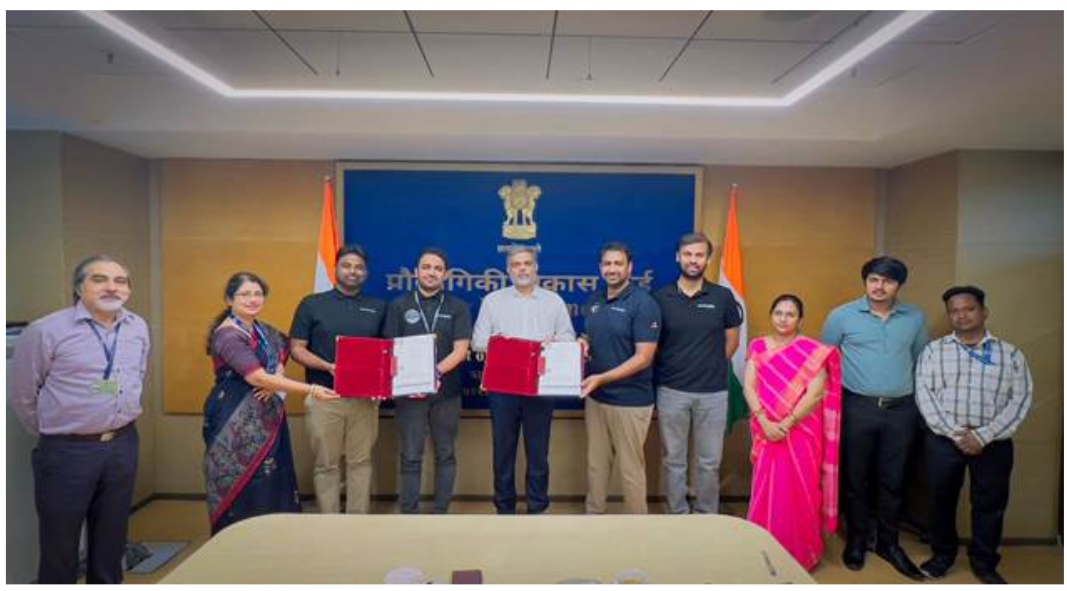WHO and Partners Boost Support for Uganda’s Response to Sudan Virus Disease Outbreak.
Kampala, Uganda:
The World Health Organization (WHO), alongside international partners, has swiftly ramped up its support for Uganda’s response to a recent outbreak of Sudan virus disease (SVD), a deadly disease closely related to Ebola. As part of the response, WHO has facilitated the arrival of 2,160 doses of a candidate vaccine and promising treatments, including a monoclonal antibody and an antiviral drug, which were prepositioned in Uganda as part of outbreak preparedness efforts.
The outbreak was confirmed in late January 2025, with one case and 45 contacts being closely monitored. Health teams have been deployed across the country as they await final approvals to begin full-scale clinical trials for the candidate vaccine and treatments. These trials aim to document the safety and efficacy of these countermeasures, which could play a critical role in controlling the current outbreak and preventing future ones.
The vaccine trial processes have begun, with research teams undergoing orientation on trial procedures and logistics, and working alongside surveillance teams in the field. The ongoing clinical trials are being conducted under strict protocols to ensure the safety of participants, who will be closely monitored for any adverse effects. The vaccine and treatments are being made available through these clinical trial protocols, providing the opportunity to evaluate their effectiveness against Sudan virus disease, which has previously been responsible for numerous outbreaks in Uganda.
Sudan virus disease, caused by the Orthoebolavirus sudanense virus, has a high fatality rate, ranging from 41% to 100% in past outbreaks. The last major outbreak in Uganda occurred between September 2022 and January 2023, resulting in 164 cases and 77 deaths. While outbreaks can be controlled without vaccines, the rapid use of an effective vaccine could significantly accelerate control efforts.
The WHO is working closely with Uganda’s Ministry of Health, as well as local institutions such as Makerere University Lung Institute and the Ugandan Virus Research Institute, to carry out the trials. The trials are a global effort, coordinated by WHO, involving researchers, regulators, and experts from across the world, including the International AIDS Vaccine Initiative (IAVI), the Coalition for Epidemic Preparedness Innovations (CEPI), and Gilead Sciences, who has provided the antiviral treatment remdesivir.
WHO has also allocated US$ 1 million from its Contingency Fund for Emergencies to support the ongoing outbreak response, which includes identifying contacts, conducting epidemiological investigations, and enhancing community awareness. The overall aim is to halt transmission as quickly as possible and to develop lasting measures to protect at-risk populations.
The Sudan virus disease outbreak has prompted a swift, collaborative international response, underscoring the global commitment to combatting dangerous viral diseases and enhancing the effectiveness of vaccines and treatments in outbreak situations.


